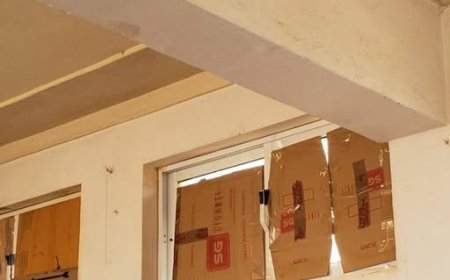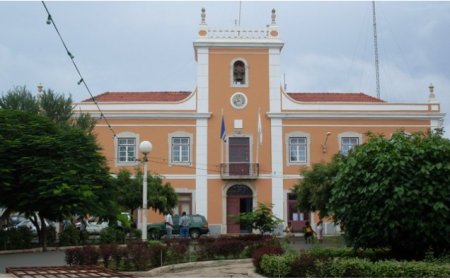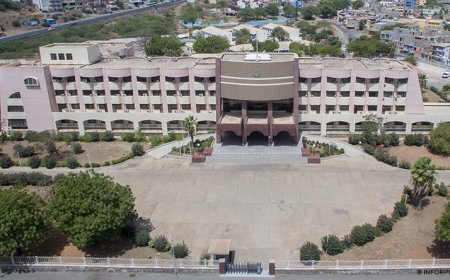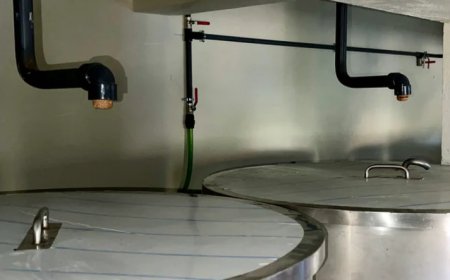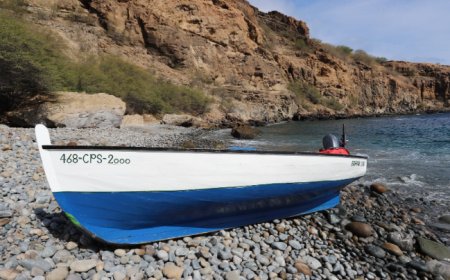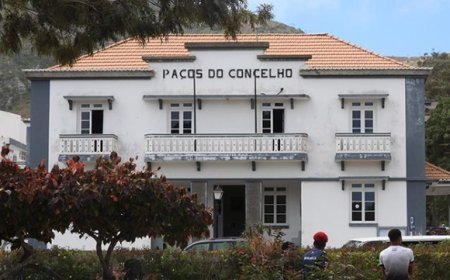Cabo Verde Airlines rises to almost 200,000 passengers after privatization
Cabo Verde Airlines carried 90,000 more passengers between March and October 2019 than in the same period last year. That adds up to almost 200,000 passengers, transported in the first eight months, after the privatization process that led to the sale of 51% of the share capital of the former TACV to Icelandic investors.
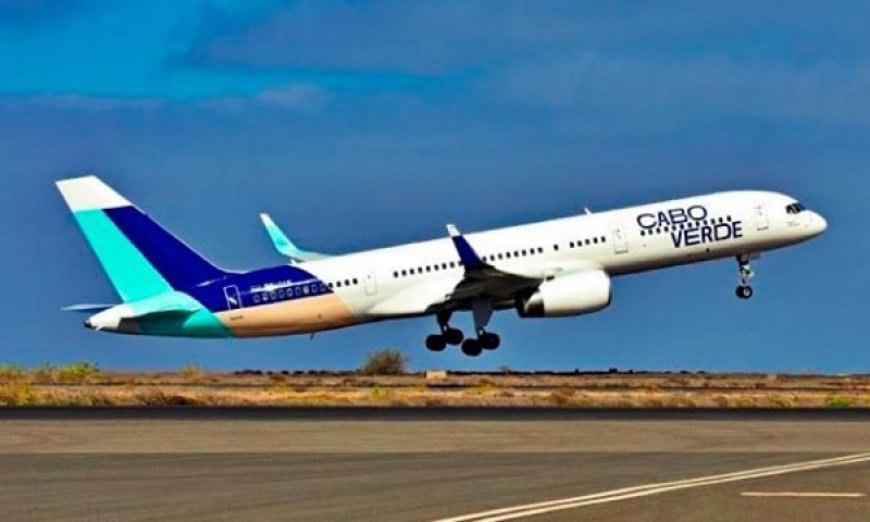
Cabo Verde Airlines carried 90,000 more passengers between March and October 2019 than in the same period last year. That adds up to almost 200,000 passengers, transported in the first eight months, after the privatization process that led to the sale of 51% of the share capital of the former TACV to Icelandic investors.
The numbers were advanced today to the Lusa agency by an official source of the Cape Verdean airline and translate into a growth of 85.4% in the total number of passengers transported, compared to the same period in 2018.
Between March and October 2018, the then Transportes Aéreos de Cabo Verde (TACV) transported 107,027 passengers, while in the same period of this year, the now Cabo Verde Airlines registered 198,457 passengers.
In March 2019, the State of Cape Verde sold 51% of TACV for 1.3 million euros to Lofleidir Cabo Verde, a company owned 70% by Loftleidir Icelandic EHF and 30% by Icelandic businessmen with experience in the aviation sector . It was also foreseen the sale of 10% of the company to workers and emigrants and the remaining 39% by other investors.
For the Government, the alternative to privatization would be its liquidation, which would cost more than 181 million euros.
According to the prime minister, in an interview with Lusa last July, the concept found, which foresees the so-called 'hub' of Sal, "creates viability" for the company, which before privatization, he also said, represented a "monthly hole ”, for the State, of three million euros.
“You don't know any country in the world with 500,000 inhabitants and a 'per capita' GDP of 4,000 dollars with a Boeing [previous TACV situation]. It lacks scale, dimension and income. TACV's big problem was the market. The 'hub' [Sal] is creating a market, it's a market of millions, in Brazil, Europe, America and Africa”, pointed out Ulisses Correia e Silva.
The company's current fleet consists of three Boeing 757-200s, guaranteeing connections from the archipelago to Dakar, Lisbon, Paris, Milan, Rome, Boston, Fortaleza, Recife and Salvador, with Cabo Verde Airlines planning to reinforce the fleet soon with two additional Boeing 757-200.
According to the management, the company intends to travel to Luanda (Angola), as well as other destinations in West Africa, to other cities in Portugal, including Porto, and to Toronto (Canada).
The company's strategy includes the ongoing installation of an air hub at the Amílcar Cabral International Airport, Espargos, on the island of Sal, linking flights from Africa, Europe, the United States and Brazil.
After the flights to Washington, launched on Sunday, and to Lagos (Nigeria), five times a week, starting on Monday, on Wednesday the connection to Porto Alegre (Brazil) starts twice a week.
Lusa previously reported that Cabo Verde Airlines expects to invoice almost 82 million euros this year, an amount that it expects to increase fivefold by 2023, to 422 million euros, according to the airline's projections, according to institutional information prepared within the scope of the sale of 7, 65% of share capital to emigrants, which is ongoing.
According to the same data, the CVA administration expects to invoice more than 9,015 million escudos (81.9 million euros) in 2019, a figure that should rise to 23,473 million escudos (213.2 million euros) in 2020 and to more than 46,450 million escudos (422 million euros) in 2023.
The company's forecast for EBIDTA (net result of taxes and which serves to gauge the competitiveness and efficiency of a company) is still negative for 2019, at 3,485 million escudos (31.6 million euros). However, from 2020, the forecast is that it will reach positive values, starting at 914 million escudos (8.3 million euros) and up to 3,491 million escudos (31.7 million euros), in 2023.



















